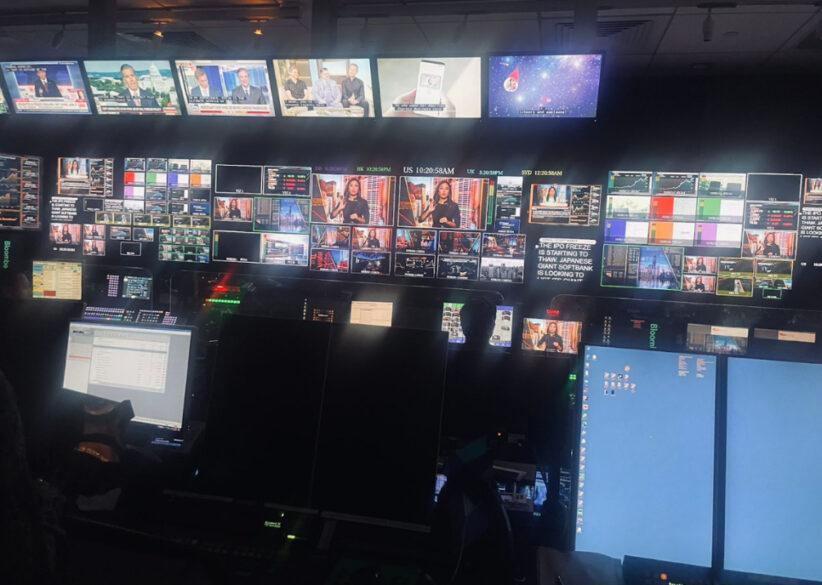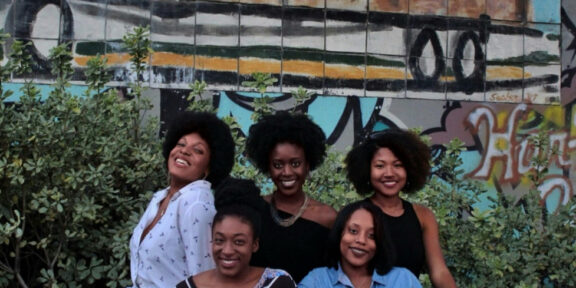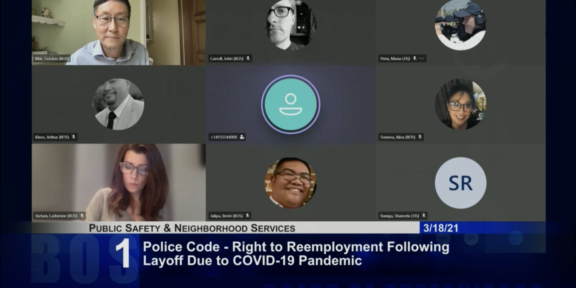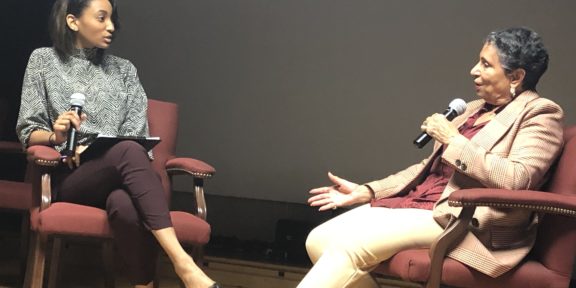By Tiasia Saunders
Since the pandemic, Gen Z has gotten used to a flexible, hybrid schedule. The job market has grown, and unemployment rates have dropped.
Despite this, Black Gen Z workers are frustrated with the lack of representation, DEI initiatives, and equitable pay rates in corporate America.
“There isn’t a singular thing that can be done to fix the issue of rampant discrimination in the workplace, but there are a few things that can be implemented to educate people and discourage this type of behavior from persisting,” Dr. Brandale Mills Cox, the Founder and Principal of Inclusive Market Research Group (IMRG), said.
“Organizations should continue to educate their team members on workplace discrimination and how to address it if encountered, and there needs to be tangible accountability measures for anyone who violates these terms,” she continued.
According to a 2023 Johns Hopkins report, Gen Z workers value a more diversified world than previous generations. In addition, a Tallo study concluded that 67 percent of Gen Z respondents witnessed workplace discrimination and 44 percent had experienced it.
“During this time when DEI is under attack, it is important for corporations and businesses to not back down and continue their DEI practices and developing pipelines for students and opportunities for advancement of professionals within their respective organizations,” Marissa Pittman, a 2023 White House public policy scholar, said.
In a 2020 SHRM article, it concluded that the racial gap between Black women and white men had expanded between the years 2000 and 2018.
Furthermore, there was an 11,000 difference between Black Americans with Bachelor’s degrees and white Americans.
“After I graduated, it was difficult to find a job, and I started to get imposter syndrome and felt like I wasn’t good enough. Coming from an HBCU, I was sorta shocked at the majority white spaces I was occupying, and I had to remind myself each day that I had the skills,” Shaniyah Frazier, a recent graduate of Howard University, who worked briefly at a corporate law firm in New York.
According to the Partnership for Public Service, research has proven that increasing diversity in the workplace with different backgrounds can contribute to productivity. In 2021, Gen Z made up 1.6 percent of the federal workforce.
“Psychological safety for marginalized communities in the workplace is essential in dismantling oppressive behaviors that have historically been so prevalent in the workplace. Organizational pulse surveys, team member interviews, and focus groups can all provide perspective on how organizations may be missing the mark in creating inclusive environments,” Dr. Cox said.
Gen Z doesn’t desire the traditional 9 AM to 5 PM schedule. The generation advocates for increased free time, benefits, and wages amidst an inflated economy.
“I feel as if the new generation pay is the bare minimum. This is only leading us to work extra hours, work extra harder which is depriving our mental health,” Zion Johnson, a full-time senior biomedical major at Ferrum University and supervisor at Popeyes in Danville, Virginia, said.
“I feel like the workforce needs to value their employees not just look at them as workers, but as individuals who are trying to maintain their lives the best they see fit,” she continued.
According to Goldman Sachs, despite the job market growing right now, it is predicted to slow down mid-year with a slow decrease in job openings.
“I do think that despite these adaptations, there is still a need for more change. Most of the changes that remain to be seen require changes to the legal framework of labor laws across the world,” Brantley said.













